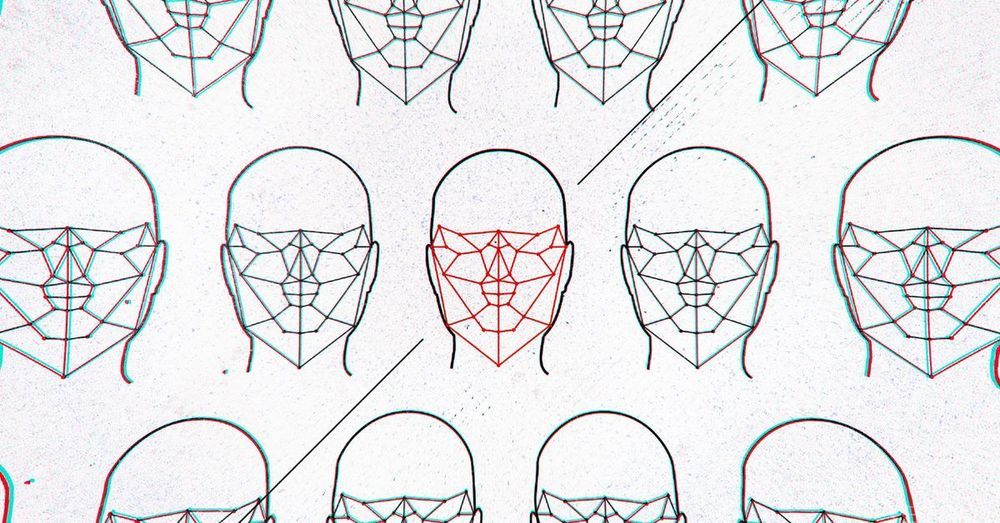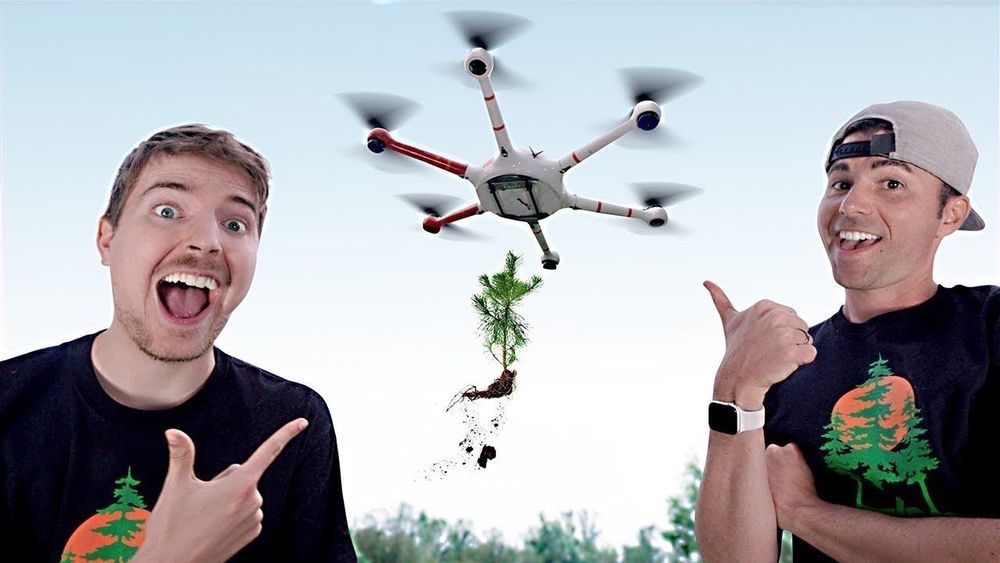
Facebook remains embroiled in a multibillion-dollar judgement lawsuit over its facial recognition practices, but that hasn’t stopped its artificial intelligence research division from developing technology to combat the very misdeeds of which the company is accused. According to VentureBeat, Facebook AI Research (FAIR) has developed a state-of-the-art “de-identification” system that works on video, including even live video. It works by altering key facial features of a video subject in real time using machine learning, to trick a facial recognition system into improperly identifying the subject.
This de-identification technology has existed in the past and there are entire companies, like Israeli AI and privacy firm D-ID, dedicated to providing it for still images. There’s also a whole category of facial recognition fooling imagery you can wear yourself, called adversarial examples, that work by exploiting weaknesses in how computer vision software has been trained to identify certain characteristics. Take for instance this pair of sunglasses with an adversarial pattern printed onto it that can make a facial recognition system think you’re actress Milla Jovovich.









